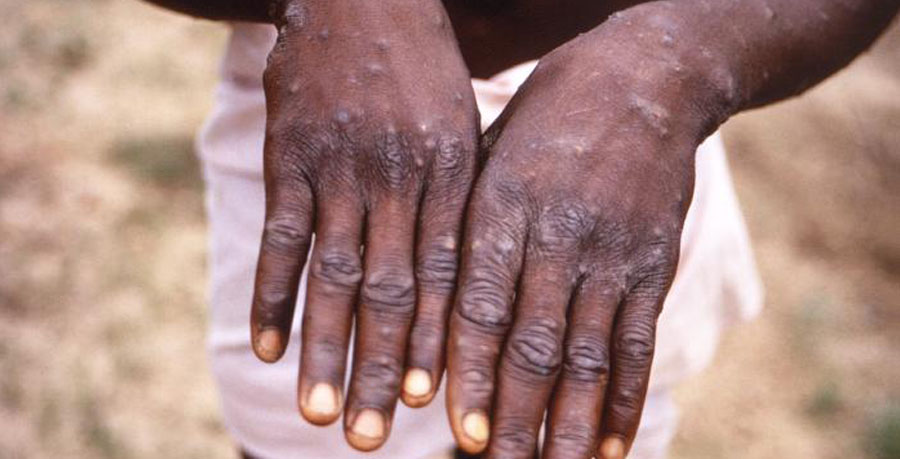Dr Chikwe Ihekweazu, Chief Executive Officer, Nigeria Centre for Disease Control (NCDC), has appealed to Nigerians to remain calm as the Centre is working very hard to control the monkeypox outbreak in Bayelsa.
Ihekweazu who spoke in an interview with the News Agency of Nigeria (NAN) on Saturday in Abuja, assured that the centre was taking all the required steps to manage the cases and prevent further spread.
He said that a Rapid Response Team (RRT) from NCDC was immediately deployed to support the Bayelsa State Government in the investigations and public health response. Ihekweazu said that of the 13 reported cases, only four are still receiving treatment, while the discharged patients are doing well, with no death reported.
He said that if cases are detected early and well managed, the chances are that they will survive, “it is a self limiting illness, which means that there is no specific treatment for the virus.’’
Ihekweazu said that “doctors and healthcare providers have been advised on what to do; the key thing is to bring in patients with characteristic rash on their face which is what stands monkeypox out from other diseases.
”Monkeypox looks like an extreme case of chickenpox, but a little bit more severe and the disease looks and sounds a lot worse than it actually is.
”The virus circulate in a few more animals apart from monkeys like rats, squirrels and bush meat, and the period of increased risk is at the point of killing, touching or preparing them.
”The people at risk are those who kill, touch or cook the animals, that is, those who come in contact with the animals and don’t use protective measure or wash their hands after wards.
”Once the virus gets into the human population , then there is a risk of human to human transmission, which is what has happened in Bayelsa, but the first contact is from animal to human,” he said.
Ihekweazu also explained that monkeypox infection is a relatively rare disease that has previously been reported in Nigeria in the 1970s.
He said that it is primarily a zoonotic infection that is transmitted primarily from animals to humans, with limited subsequent person-to-person transmission.
Ihekweazu further explained that there is no serious aftermath of the disease except staying with the scare of the rash for quite a while.(NAN)




